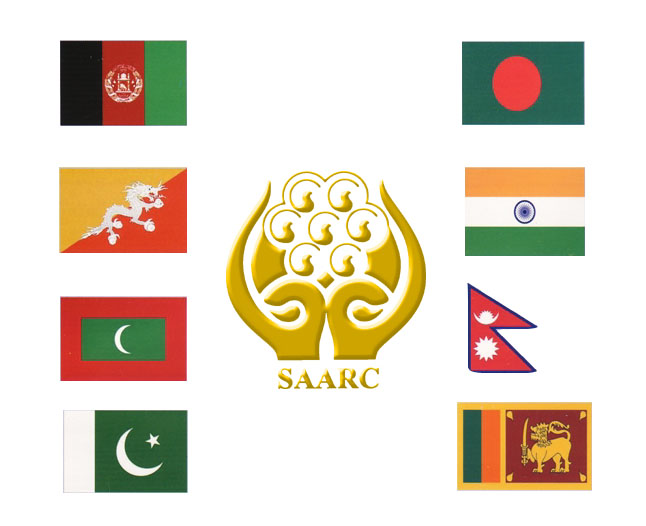BRICS is the acronym for an association of five major emerging national economies: Brazil, Russia, India, China, and South Africa. The grouping was originally known as “BRIC” before the inclusion of South Africa in 2010.
As of 2014, the five BRICS countries represent almost 3 billion people which is 40% of the world population, with a combined nominal GDP of US$16.039 trillion (20% world GDP) and an estimated US$4 trillion in combined foreign reserves and the BRICS nations represented 18 percent of the world economy.
Summits | Year | Host Leader | Location |
First | 2009 | Dimitry Medvedev | Russia |
| Second | 2010 | Luiz Inácio Lula da Silva | Brazil |
| Third | 2011 | Hu Jintao | China |
| Fourth | 2012 | Manmohan Singh | India |
| Fifth | 2013 | Jacob Zuma | South Africa |
| Sixth | 2014 | Dilma Rousseff | Brazil |
| Seventh | 2015 | Vladimir Putin | Ufa (Russia) |
BRICS Development Bank – Agreed in 6th Summit held at Fortaleza, Brazil.
The New Development Bank (NDB), formerly referred to as the BRICS Development Bank, is multilateral development bank operated by the BRICS states as an alternative to the existing US-dominated World Bank and International Monetary Fund. The Bank is set up to foster greater financial and development cooperation among the five emerging markets.
The Bank will be headquartered in Shanghai, China. Unlike the World Bank, which assigns votes based on capital share, in the New Development Bank each participant country will be assigned one vote, and no countries will have veto power.
An African regional center will be set up in Johannesburg.
The first president will be from India, the inaugural Chairman of the Board of directors will come from Brazil and the inaugural chairman of the Board of Governors will be Russian.
The bank will have starting capital of $50 billion, with capital increased to $100 billion over time. Each member nation will initially contribute $10 billion each to bring the total to $50 billion. Each member cannot increase its share of capital without all other 4 members agreeing. This was a primary requirement of India.The bank will allow new members to join but the BRICS capital share cannot fall below 55%.
Contingent Reserve Arrangement (CRA)
The CRA is a framework for the provision of support through liquidity and precautionary instruments in response to actual or potential short-term balance of payments pressures.
The objective of this reserve is to provide protection against global liquidity pressures.
The Bank would also provide assistance to other countries suffering from the economic volatility in the wake of the United States’ exit from its expansionary monetary policy.
This fund will consist of $10 billion of “paid-in capital” ($2 billion from each member to be provided over seven years) and an additional $40 billion to be “paid upon request”. Out of the total initial capital of $100 billion, China will contribute $41 billion, Brazil, Russia and India would give $18 billion each, and South Africa would contribute $5 billion. It is scheduled to start lending in 2016.




